Category Archives: Languages/Linguistic curiosities

On how a 1801 Ottoman Empire edict and its translated English version changed the fate of the Parthenon marbles forever
by Pisana Ferrari – cApStAn Ambassador to the Global Village Was the removal of the Parthenon Marbles by Lord Elgin, who brought them to Britain in the early 19th century, “legal”? A leaked draft of EU paper stirs Parthenon marbles dispute, reads a recent article in the Art Newspaper. The EU paper, a negotiating mandate for …
Read More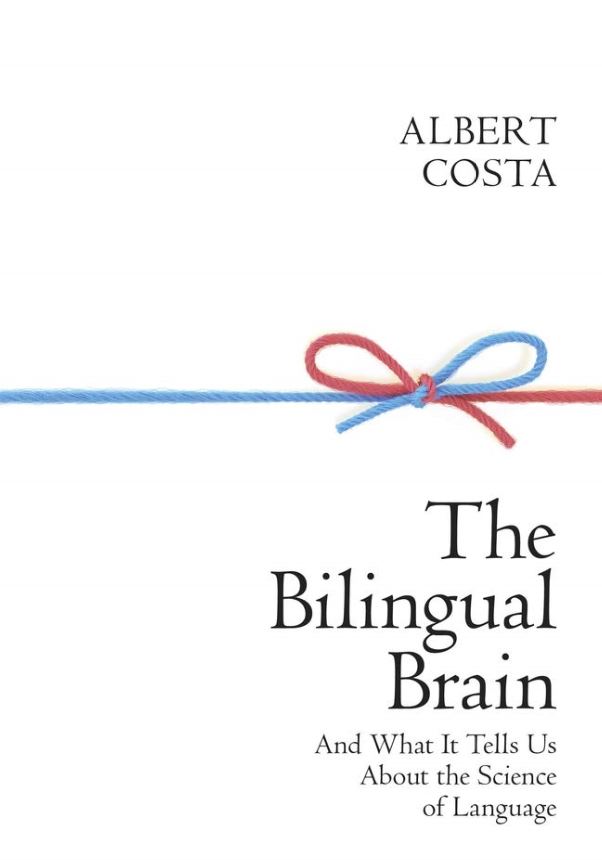
High time to review the monolingual mindset when thinking about educational provision
by Pisana Ferrari – cApStAn Ambassador to the Global Village What perhaps not many of us know is that over half of the world’s population is bilingual, says Victoria Murphy, Professor of Applied Linguistics at the University of Oxford, in her review of “The Bilingual Brain”, by Spanish neuropsychologist Albert Costa. Based on the author’s 20+ …
“High time to review the monolingual mindset when thinking about educational provision”
Read More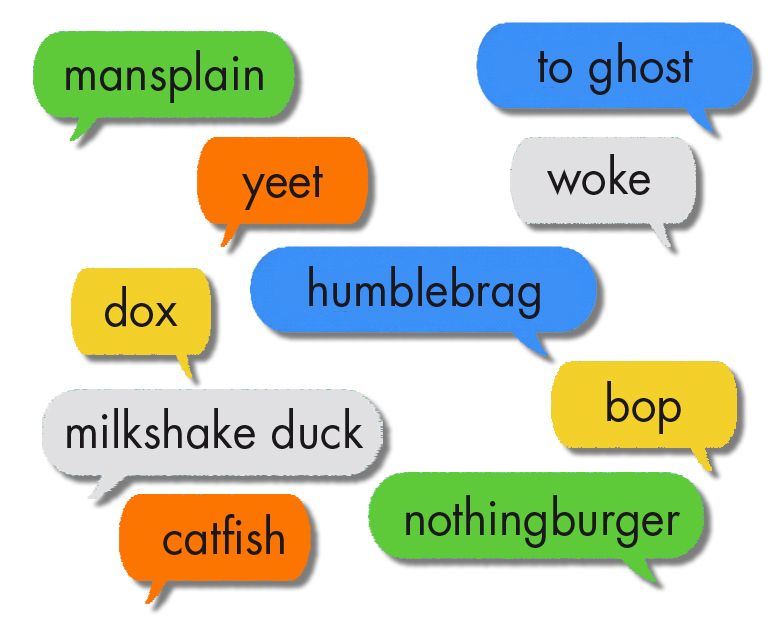
The Decade-Defining Words Of The 2010s: a compilation by BuzzFeed News
by Pisana Ferrari – cApStAn Ambassador to the Global Village An interesting article from one of the world’s most popular media outlets, BuzzFeed, looks at how, before the 2010s, many things that are now integral to our everyday lives did not exist, eg. some of the social apps, streaming services, dating platforms, ride-hail startups, virtual …
“The Decade-Defining Words Of The 2010s: a compilation by BuzzFeed News”
Read More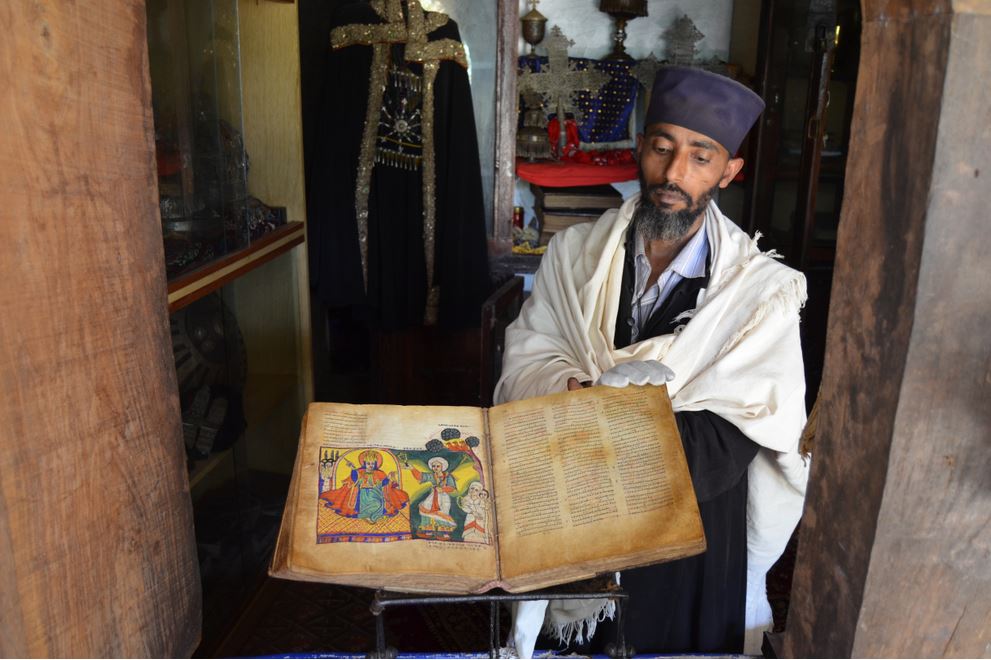
It’s not just languages that are endangered: many alphabets around the world are also at risk
by Pisana Ferrari – cApStAn Ambassador to the Global Village In August 2018, UNESCO proudly announced that 2019 would be its “Year of Indigenous Languages”. Unveiling a website devoted to the project, the organisation warned of the need to “preserve, revitalise and promote indigenous languages around the world”. But while many in past years have …
“It’s not just languages that are endangered: many alphabets around the world are also at risk”
Read More
AI model developed by New Zealand academics can predict the future of endangered languages
by Pisana Ferrari – cApStAn Ambassador to the Global Village A research team from three New Zealand universities has built an AI model regarding language transmission that splits populations up by looking at whether they fall into one of three levels of proficiency in a language, and how fast people learn. The model was trained …
“AI model developed by New Zealand academics can predict the future of endangered languages”
Read More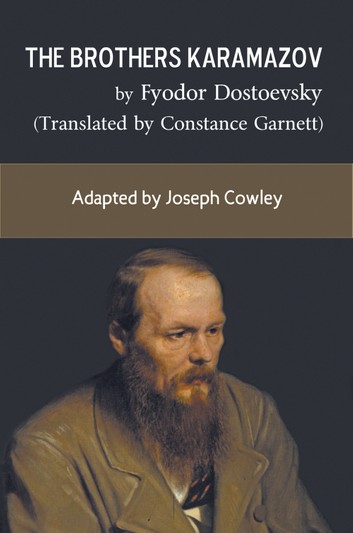
Constance Garnett, the great Russian classics, and the problem of era-specific translation
by Pisana Ferrari – cApStAn Ambassador to the Global Village “It is sometimes said that in order to convey atmosphere a translation must be redone for each generation”. Is this really the case? asks author and journalist Sara Wheeler in a recent article for Literary Hub. (1) Wheeler takes the example of works by translator …
“Constance Garnett, the great Russian classics, and the problem of era-specific translation”
Read More
Internet writing: behind the apparent carelessness is a subtly tuned awareness of the full spectrum of the language
by Pisana Ferrari – cApStAn Ambassador to the Global Village Towards the end of the last decade, a distinctive minimalist style emerged among the users of the micro-blogging site Tumblr: capitals were mostly dispensed with, other than for emphasis, punctuation became notable by its absence; hashtags were used mostly for irony. A new literary genre …
Read More
The case of Interslavic, or Medžuslovjanski: a natural or constructed language?
by Pisana Ferrari – cApStAn Ambassador to the Global Village Attempts to create an “interslavic” language date as far back as the 17th century. The current version of Interslavic, or Medžuslovjanski, was established in 2017, and was the fruit of the merging of the Slovianski and Neoslavonic projects, the two most active projects from the …
“The case of Interslavic, or Medžuslovjanski: a natural or constructed language?”
Read More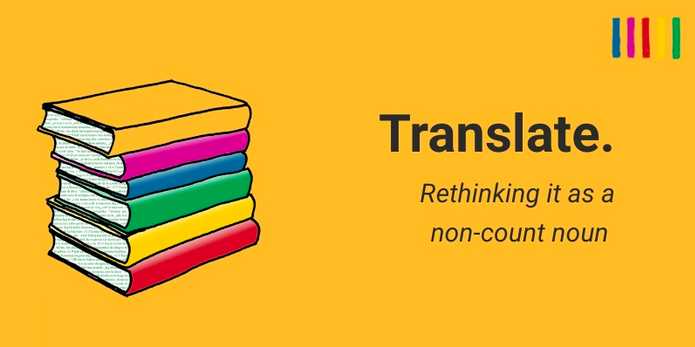
Should we use “translate” as a noun? A case of “nominalisation” of a verb
by Pisana Ferrari – cApStAn Ambassador to the Global Village The conversion of verbs into nouns is called “nominalisation” (the opposite, turning nouns into verbs, is called “verbing” or “denominalisation”). There are two types of nominalisation. The first involves adding a suffix: the verb “to investigate” produces the noun “investigation.” The second type is known as “zero …
“Should we use “translate” as a noun? A case of “nominalisation” of a verb”
Read More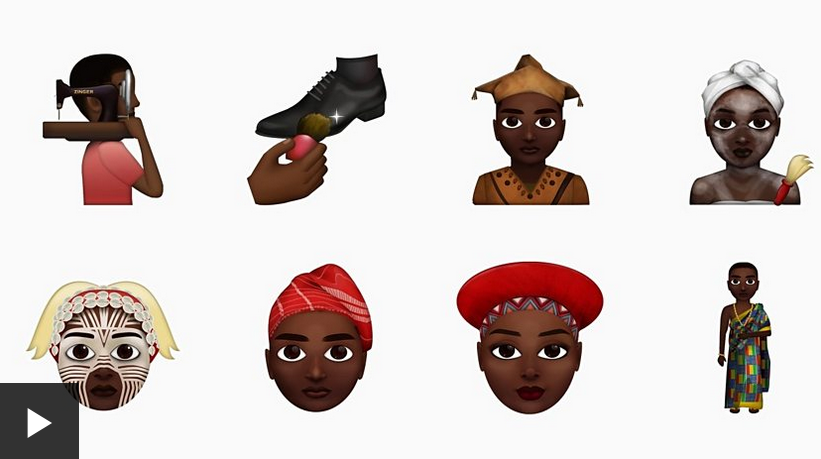
New trends in emoji use call into question their possible future role as a “universal language”
by Pisana Ferrari – cApStAn Ambassador to the Global Village As of October 2019 there are 3.019 officially approved emoji. Anyone can submit a proposal to Unicode and make their argument for inclusion of a particular emoji – this has worked well in past years to get emoji that better represent diversity and accessibility, in …
“New trends in emoji use call into question their possible future role as a “universal language””
Read More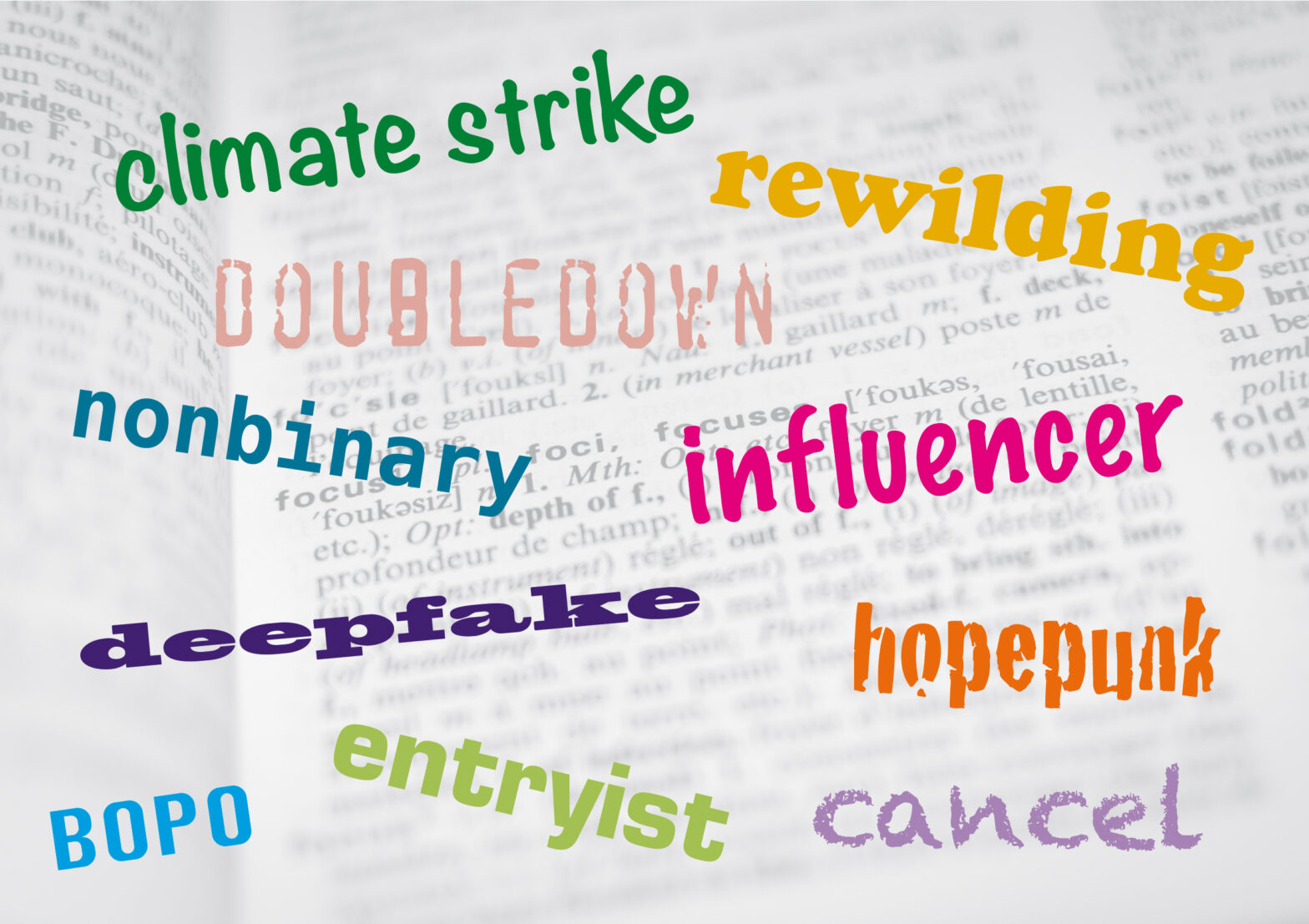
It’s that time of the year again when dictionaries announce their selection of top trending words
by Pisana Ferrari – cApStAn Ambassador to the Global Village The Collins Dictionary has just announced its 2019 “Word of the Year” (WotY) and it is “climate strike”. The term was first registered in 2015 during the UN Climate Change Conference in Paris, when the first event of its kind took place. But the movement …
“It’s that time of the year again when dictionaries announce their selection of top trending words”
Read More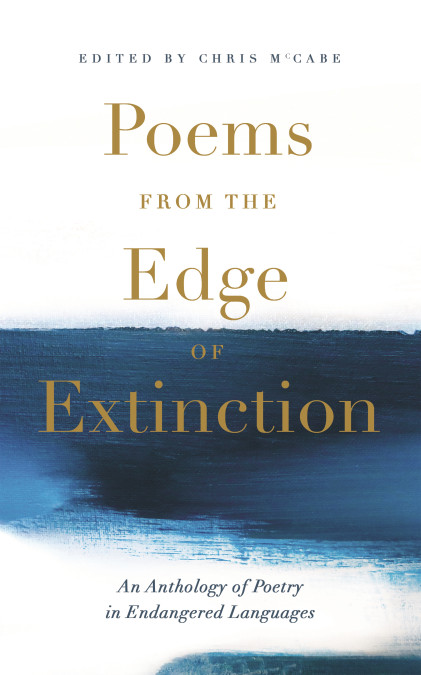
One language dies every two weeks. How poetry can help activate interest in endangered languages
by Pisana Ferrari – cApStAn Ambassador to the Global Village A new anthology of poetry from around the world, edited by poet and UK National Poetry Librarian Chris McCabe, gathers together 50 poems in languages from around the world that have been identified as endangered, for reasons as diverse as political upheaval, climate breakdown, genocide, …
“One language dies every two weeks. How poetry can help activate interest in endangered languages”
Read More